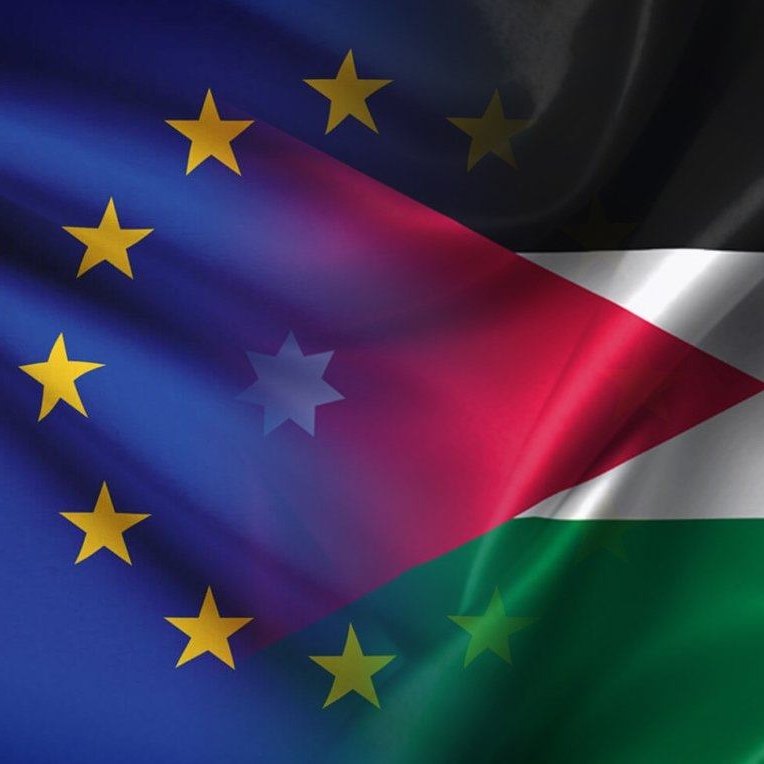ETF: Qualifications, comparisons and trust

The European Qualifications Framework (EQF) is considered a benchmark to develop national as well as regional frameworks to improve the recognition of qualifications in an increasingly mobile and globalised world. Being able to compare qualifications frameworks is key to support students, job seekers and employers to utilise talents and skills across borders.
To further improve frameworks and engagement, the European Training Foundation (ETF) hosted a peer learning activity (PLA) in cooperation with the European Commission, “Comparison of the EQF and third country qualifications frameworks – what have we learned from pilots – how can we take it forward?” on 29-30 October in Turin at its headquarters.
Bringing together representatives from 15 countries, as well as agencies and student organisations, the PLA discussed the development of the EQF, national qualifications frameworks (NQFs), and regional qualifications frameworks (RQFs), and what is needed to improve the comparative process as more countries establish or improve such frameworks.
“By looking at the history of comparisons undertaken so far, we can analyse and evaluate the effectiveness of the processes,” said Michael Graham, the ETF’s Senior Human Capital Development Expert on Qualifications Systems.
While every EU Member State now has a NQF aligned with the EQF, external linking of comparisons was only enabled by the revised EQF Recommendation in 2017. The EQF includes 41 countries, including the EU Member States, the European Economic Area countries, EU candidate countries, and potential EU candidate countries, while the ETF has been working to assist in the development of qualifications frameworks in its partner countries and beyond, including the African Continental Qualifications Framework (ACQF).
Requests to the ETF to support the development of qualifications frameworks and heighten transparency has shown the value of being able to compare, said Graham. “It is positive for the EU, and such requests are a tribute to the value of the EQF and the national systems linked to it,” he said.
Such heightened engagement has been propelled forward by the Skills and Talent Mobility Package adopted by the European Commission in 2023, which was also the European Year of Skills. “It’s an important package as an objective is to attract through legal migration workers to Europe to cope with labour market shortages,” said Koen Nomden of the European Commission’s Directorate-General for Employment, Social Affairs and Inclusion (DG-EMPL).
42 occupations in the EU have been identified as having a shortage of qualified workers, which includes being over 10 million short of a 2030 target of 20 million ICT professionals, and requiring 1-2.5 million additional jobs to enable the green transition.





























 Syria
Syria 




